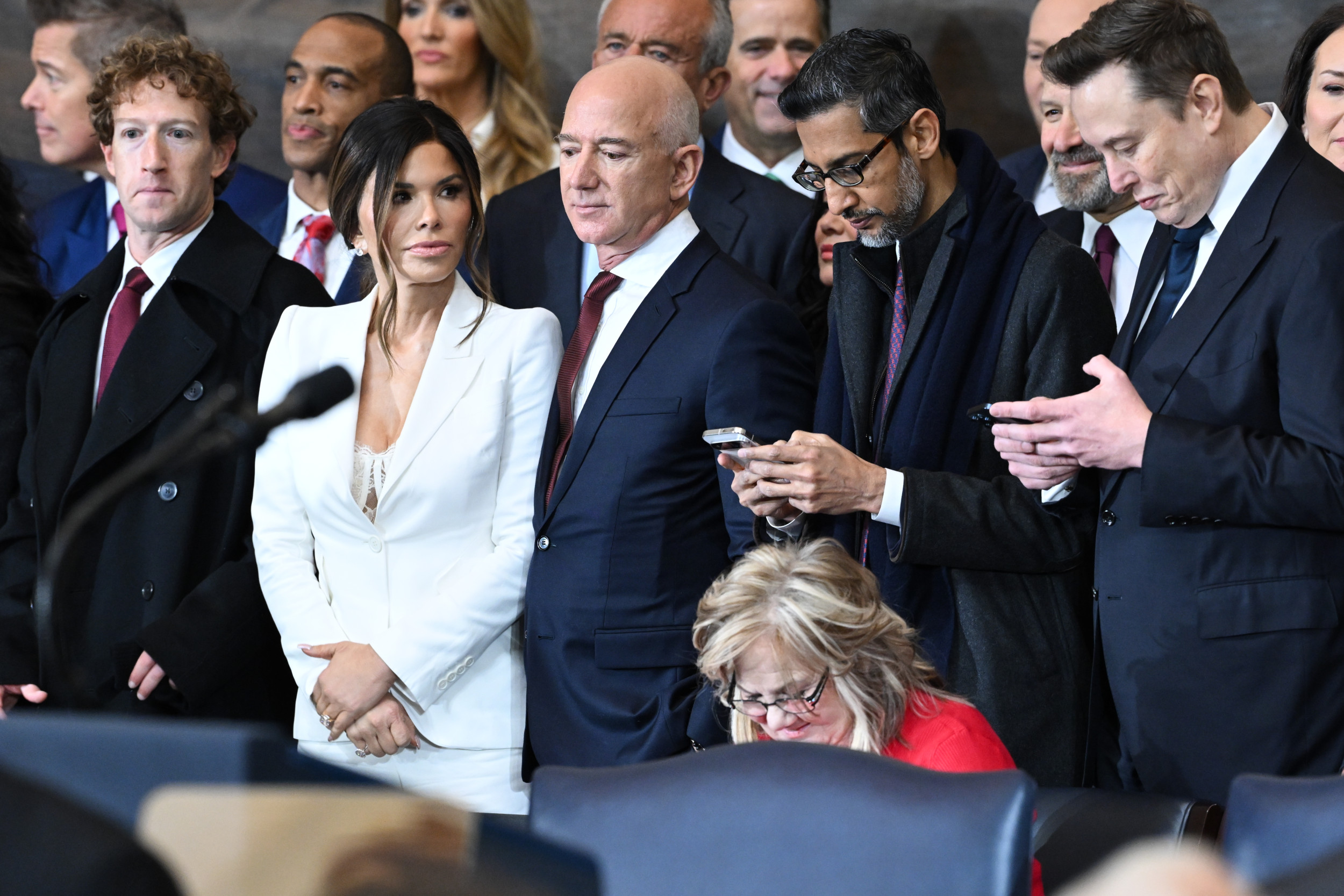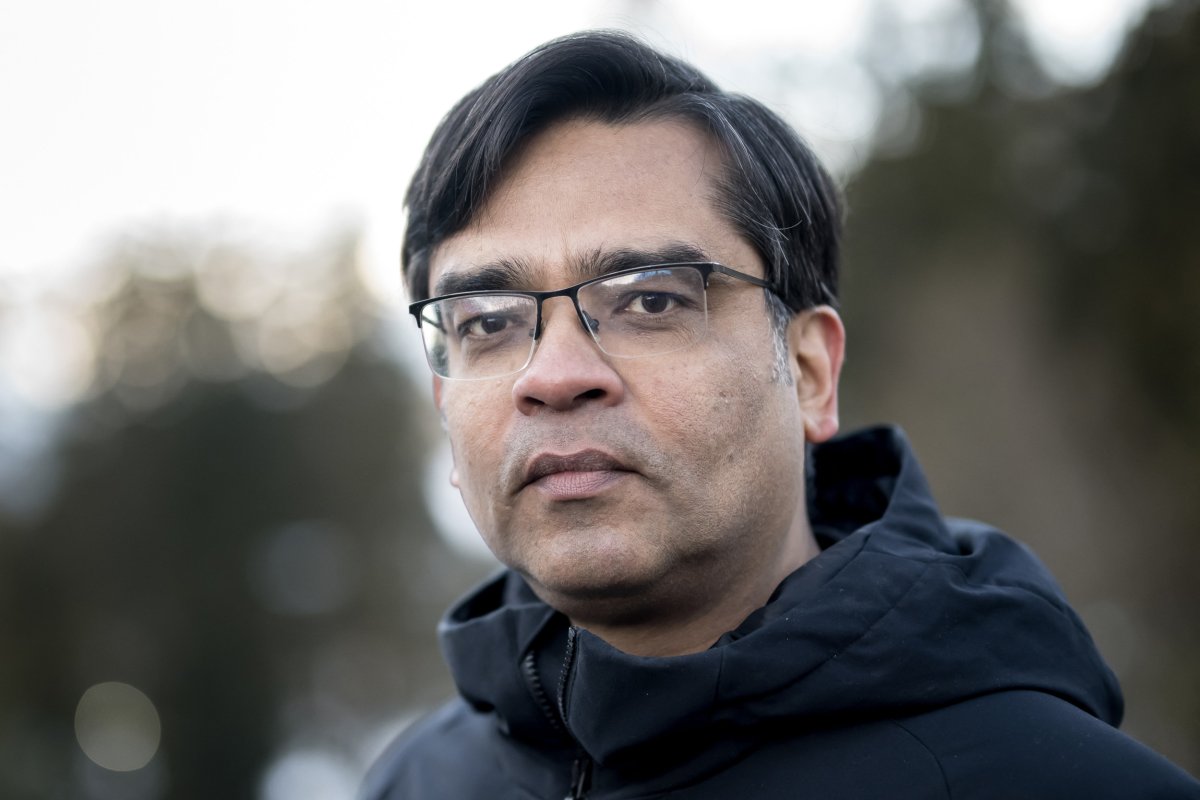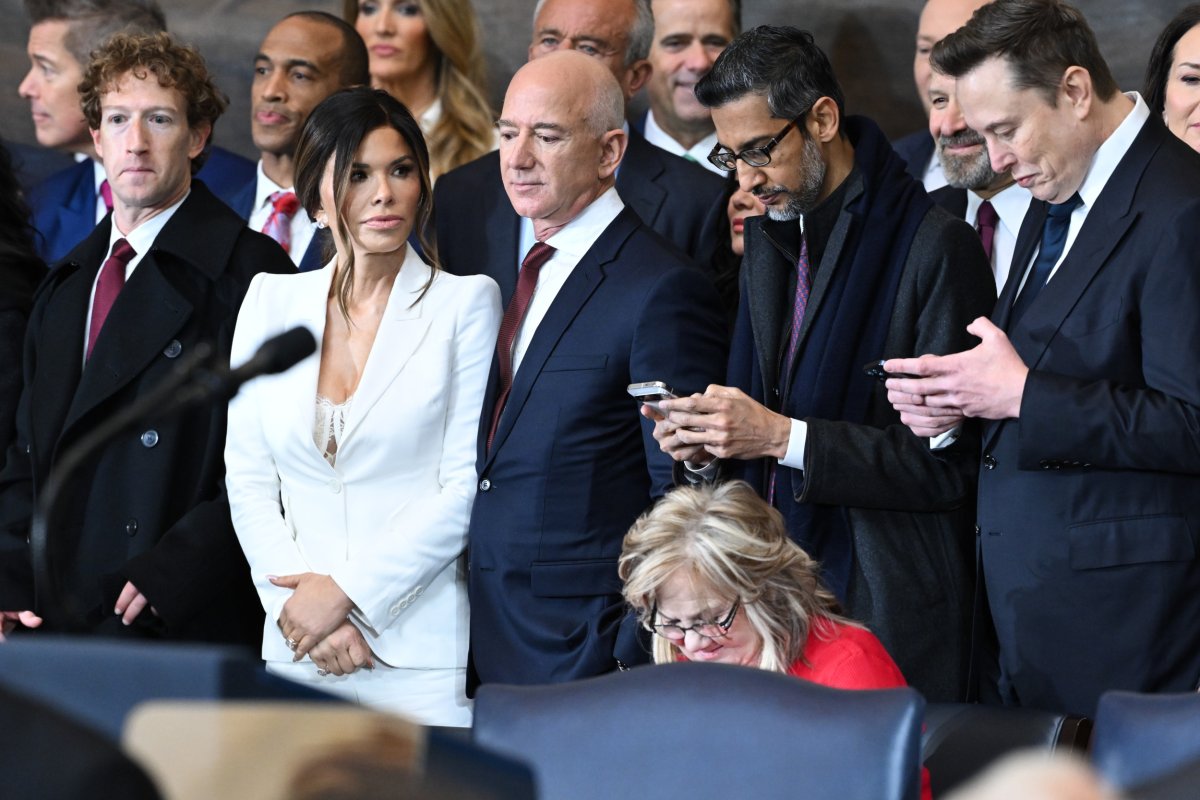
The collective wealth of the world’s billionaires rose by $2 trillion in 2024 to $15 trillion, according to a report published Monday by anti-poverty charity Oxfam International.
The rapid accumulation of wealth at the top suggests the world could see the rise of five trillionaires within the next decade, surpassing a previous projection of just one.
Why It Matters
Oxfam and its supporters warn that such concentrations of wealth are unjust and skew political power, while others argue billionaires are often in a better placed to benefit the poor and to solve collective problems than governments.
The issue was highlighted by the number of tech billionaires who attended the inauguration of President Donald Trump on Monday.
What To Know
While the vast majority of the world’s billionaires have net worths sitting between $1 and $5 billion, according to a November report by wealth intelligence firm Altrata, the accumulation of wealth becomes more concentrated at the top of the list.
According to Bloomberg’s Billionaires Index, the 10 richest individuals in the world have a collective net worth of just over $2 trillion—with Trump supporter Elon Musk the world’s richest man, worth an estimated $449 billion as of Monday.

Fabrice Coffrini/AFP via Getty Images
Nine of those on Bloomberg‘s list are U.S. citizens, with most hailing from the tech sector.
Other than luxury goods titan and LVMH CEO Bernard Arnault, the group saw their wealth rise over the past 12 months, which Omar Ocampo, researcher at the Institute for Policy Studies, previously told Newsweek reflects the ongoing boom in the tech sector.
“The hype surrounding artificial intelligence and all of the billions of dollars invested into its development has caused tech stocks to make impressive gains in 2024,” Ocampo said. “As a result, tech billionaire wealth has reached new and unprecedented heights.”
Meanwhile, Oxfam cited a recent World Bank report, which found that the number of people living below the poverty threshold of $6.85 per person per day has “has barely changed” since 1990 due to population growth.
Most of these individuals are based in the Global South—regions characterized by lower levels of economic development and weaker political influence—where the exploitation of extractive industries and cheaper labor by wealthier nations has created what Oxfam refers to as “modern-day colonialism.”

Saul Loeb-Pool/Getty Images)
On top of this practice, Oxfam warned that the increasing wealth of the world’s billionaires has been accompanied by a growing level of political power.
Others, however, have argued that massive wealth accumulation is not innately bad, rather the result of hard work and ingenuity, and that billionaires may be better placed to help the disadvantaged.
In their 2022 essay, Wealth Without Limits: in Defense of Billionaires, academics Jessica Flanigan and Chris Freiman argued that billionaires often use their extreme wealth for philanthropic endeavors, and that their money is often more effective in their hands than the hands of the government, as it would be if subject to increased taxation.
Economist Michael Strain, similarly, wrote in January 2024 that “billionaire innovators create enormous value for society.” He cited a 2004 paper by Nobel Laureate economist William Nordhaus, which found that the vast majority of the “social returns from technological advances” went to consumers rather than those behind the technology.
What People Are Saying
Amitabh Behar, Oxfam International Executive Director, said: “The capture of our global economy by a privileged few has reached heights once considered unimaginable. The failure to stop billionaires is now spawning soon-to-be trillionaires. Not only has the rate of billionaire wealth accumulation accelerated—by three times—but so too has their power.
“The crown jewel of this oligarchy is a billionaire president, backed and bought by the world’s richest man Elon Musk, running the world’s largest economy.”
Joe Biden, in his farewell address as president, said: “Today, an oligarchy is taking shape in America of extreme wealth, power, and influence that literally threatens our entire democracy, our basic rights and freedoms, and a fair shot for everyone to get ahead.”
In redress, he said: “We must reform the tax code—not by giving the biggest tax cuts to billionaires, but by making them begin to pay their fair share.”
Jessica Flanigan and Chris Freiman wrote: “Taxing even non-philanthropic billionaires at a high rate is counterproductive … because their wealth provides more social good when it is invested in the market than when it is taxed and transferred.”
Economist Michael Strain wrote: “For example, Amazon has reduced the price of many consumer goods and freed up an enormous amount of time for millions of Americans by eliminating the need to visit brick-and-mortar retailers … [founder Jeff] Bezos, meanwhile, has received only a tiny slice of those social benefits.”
What Happens Next?
Oxfam called for governments globally to “act rapidly to reduce inequality and end extreme wealth.” Among its suggestions were the abolition of tax havens, increased inheritance taxes to “dismantle the new aristocracy,” and to ensure that the world’s richest individuals and corporations “pay their fair share.”
Oxfam’s report coincides with the start of the World Economic Forum (WEF) in Davos, Switzerland, an annual gathering where business leaders, politicians, and academics come together to discuss global economic challenges. President Donald Trump is expected to make an appearance at the forum via video on Thursday, AP reports.
Do you have a story we should be covering? Do you have any questions about this article? Contact [email protected].




